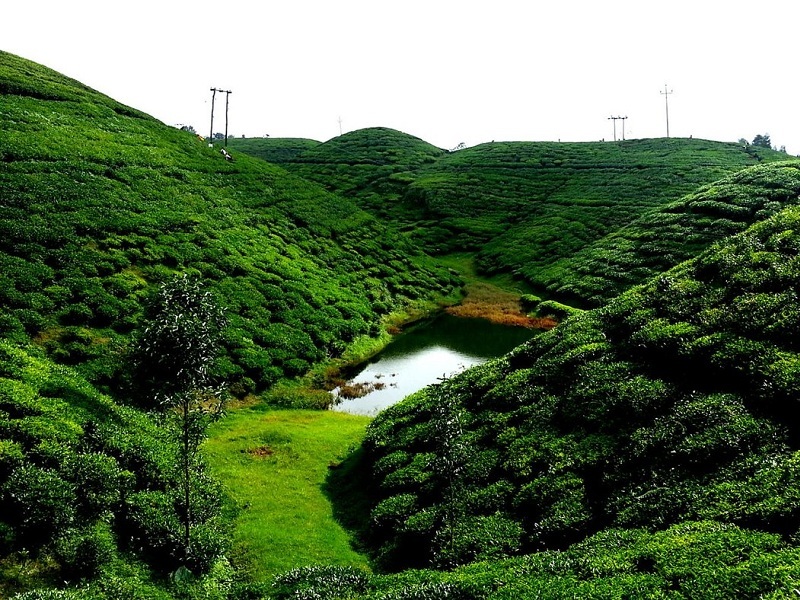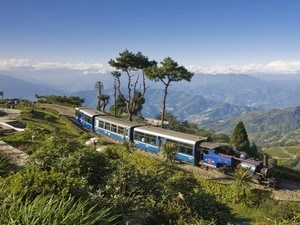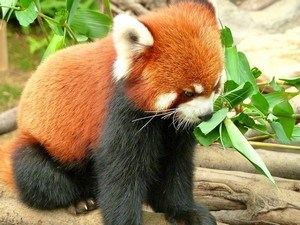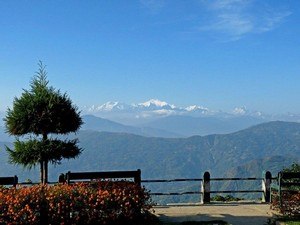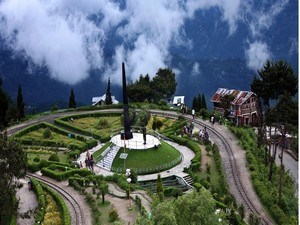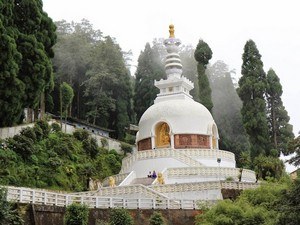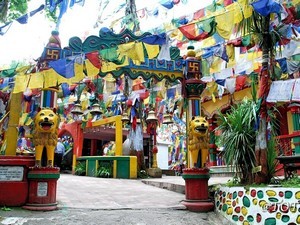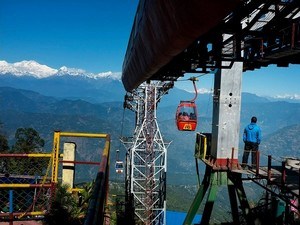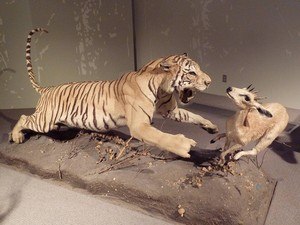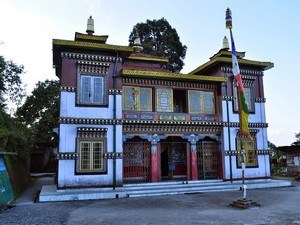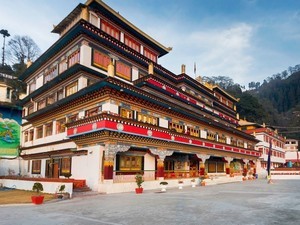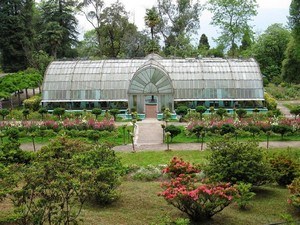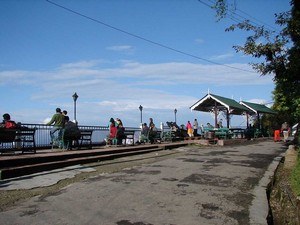Happy Valley Tea Estate, Darjeeling - Timings, Entry Fee, Best Time to Visit
 #15 of 28 Places to Visit in Darjeeling
#15 of 28 Places to Visit in Darjeeling
 Distance (From Darjeeling Himalayan Railway): 2.5 Kms
Distance (From Darjeeling Himalayan Railway): 2.5 Kms
 Trip Duration (Including Travel): 1 Hour
Trip Duration (Including Travel): 1 Hour
 Place Location: Near Lloyd Botanical Garden
Place Location: Near Lloyd Botanical Garden
 Transportation Options: Cab / Auto
Transportation Options: Cab / Auto
 Travel Tips: None
Travel Tips: None
At a distance of 2.5 km from Darjeeling Railway Station, Happy Valley Tea Estate is a vast tea garden located in Darjeeling town of West Bengal. This is the second oldest tea estate in Darjeeling after Steinthal Tea Estate and also one of the popular places to experience Darjeeling Tourism.
Spread over an area of 177 hectares, Happy Valley Tea Garden was established by Mr. David Wilson in the year 1854, which was then known as Wilson Tea Estate. In 1903, the estate was taken over by an Indian, Tarapada Banerjee, an aristocrat from Hooghly. Later Banerjee bought the Windsor Tea Estate nearby in 1929 and merged the two estates under the name of Happy Valley Tea Estate. Since 2008, the tea estate has been under the ownership of Sanjay Bansal. Today, over 1500 people worked in the tea estate.
Located in the vicinity of Darjeeling town, it is one of the major tourist attractions in Darjeeling. It also has a museum and has a factory. Situated at an altitude of 2,100 m, Happy Valley is considered as one of highest tea factories in the world. Being a tourist spot, the Tea Estate offers a chance to witness the intricate process of tea production. Walking through a tea garden on the gentle hill slopes of Darjeeling and seeing the tea processing is always a special experience. There are guides who will offer to take the visitors inside and show the entire production process of tea. They are usually the employees of the factory acting as guides during their off time and charge small fees.
Happy Valley is known to produce some of the finest quality of tea in India, which goes by the name 'Super Fine Tippy Golden Flowery Orange Pekoe'. This gets further categorized into Green tea, White tea and Black tea. The plantations here are as old as 150 years. There are seasons for different types of tea. Green and little bit of White Tea are plucked during March to May. June to August is the season for Black Tea. September to November is again the season for Green and White Tea. During the other months (December to February), teas are not plucked and the machines do not operate.
Timings: 8 AM to 4 PM, closed on Sunday & Monday
Entry: Free & Rs. 50 for guide



